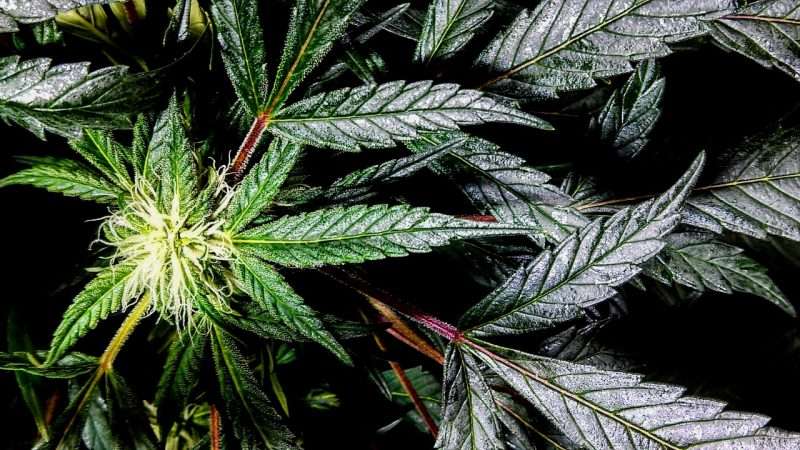
Two years ago in South Dakota, 54 percent of voters approved a constitutional amendment that would have legalized recreational marijuana. But that measure was overturned by the South Dakota Supreme Court for technical reasons, and this year voters seem to have had second thoughts. With 89 percent of ballots reported, 53 percent of voters had said no to Measure 27, which would have allowed adults 21 or older to possess up to an ounce of marijuana in public and grow up to three plants at home if they lived in jurisdictions without state-licensed retailers.
Unlike the 2020 initiative, Measure 27 would not have created a legal cannabis industry to serve the recreational market. So unless the state legislature decided to authorize commercial production and distribution, homegrown marijuana would have been the only legal source for recreational consumers. But beginning on July 1, Measure 27 would have eliminated criminal and civil penalties for possession and cultivation within the specified limits.
The 2020 legalization initiative never took effect, thanks to a lawsuit backed by Republican Gov. Kristi Noem. Last November, the South Dakota Supreme Court agreed with her that the initiative violated the state's "single subject" rule for constitutional amendments.
The ruling against the 2020 amendment did not affect a separate initiative authorizing medical use, which passed with support from 70 percent of voters. A Mason Dixon poll conducted the month before the South Dakota Supreme Court nixed recreational legalization found that just 39 percent of registered voters approved of the way Noem had handled the issue while 51 percent disapproved.
South Dakotans for Better Marijuana Laws, which ran the Yes on 27 campaign, argued that the 2022 measure was "about more than just cannabis legalization," portraying it as "a defense of the constitutional ballot initiative rights of South Dakota voters." Supporters of Measure 27, which was an "initiated state statute" rather than a constitutional amendment, included at least two dozen state legislators, mostly Democrats. The Democratic and Libertarian candidates for governor also endorsed Measure 27.
The opponents predictably included Noem, who nevertheless said she would abide by the will of the voters this time around. At least 11 state legislators, all of them Republicans, joined Noem in opposing Measure 27. The main group campaigning against the initiative was Protecting South Dakota Kids. "We do not need to legalize in order to reform the criminal justice system," it said. "We can remove criminal penalties, expunge records, and offer justice without commercializing today's highly pure THC pot products."
By last month, things were not looking good for Measure 27, despite the campaign's fundraising advantage. An Emerson College poll of "very likely voters" conducted from October 19 through October 21 found that 51 percent planned to vote no on the initiative, while 40 percent planned to vote yes and the rest were undecided.
The post South Dakotans Say No to Marijuana Legalization After Saying Yes Two Years Ago appeared first on Reason.com.







